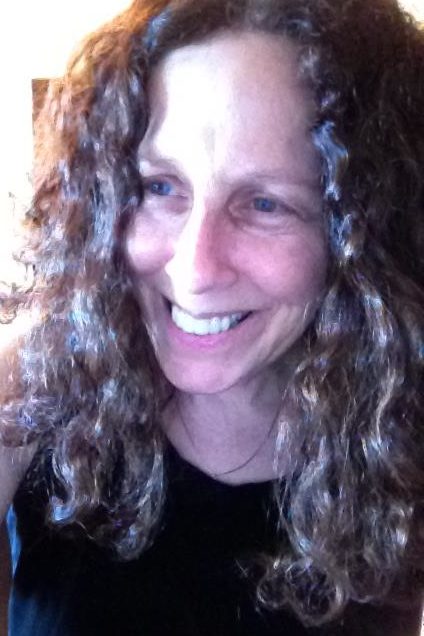This is the law of the animal, the bird, every living soul that swarms in the water, and for every creature that creeps on the ground; to distinguish between the impure and the pure, and between creatures that may be eaten and the creatures that may not be eaten. (Lev. 11:47; Artscroll translation)
Parashat Shmini concludes with this sweeping summary of dietary laws, guiding the seeker l’havdil / to distinguish between the impure and the pure. Rashi expands on this statement, explaining that the Torah is saying to distinguish between that which is impure to you and that which is pure to you.
Reading Rashi’s comment, the text immediately becomes personal. Here, the Torah is posing both an intellectual and moral challenge to us: to be able to discern boundaries and limits in and of nature, and to act – with humility – to preserve and conserve the world for the sake of our future generations.1 The Talmud asks, on this issue, “If there is no da’at (discriminating intelligence), how can there be havdalah (differentiation)?”2
In Judaism, this notion of differentiation infuses our lives. In each of our world’s faith traditions, there are distinctions between right and wrong. Torah’s account of Creation unfolds through a process of distinctions – light from darkness, empty space from water, earth from sea. In our current parasha, Shmini, we are taught to distinguish impure and pure, what may be eaten and what may not.
Creation may be described by its individual components. But Creation is also a self-sustaining living system whose elements are intricately interconnected and critically interdependent. These diverse relationships need to be kept healthy for this living system to survive. Key among these is our connection to food. How we manage our food practices – gathering, catching, growing, consuming, producing, distributing, preserving, and transporting – will ultimately either heal or destroy us and our planet. Because so far, in our time, we humans have not been all that wise – we have not used discriminating intelligence – in choosing healthy food practices that protect the web of life. Instead, we have built a world with deep and wide divisions between the haves and the have-nots.
Food insecurity is an issue much larger than poverty alone: it implicates the whole food system. At its basic level, food security means that everyone at all times has access to enough food that is affordable, healthy, and culturally acceptable. It also means that people can access this food with dignity; people can earn a living wage; the quality of seeds, earth, air and water is guarded for future generations; and food is recognized as central to community and cultural integrity.3 At an even broader level, food security becomes an issue of food justice, where society arranges itself so that everyone is food secure. Food justice starts from the conviction that access to healthy food is a human right, and that the lack of access to sufficient and safe food and water in a community indicates deprivation and calls us to immediate action.4
Food is one of those central things about human experience that can open us up to our place in the world. Food is more than fuel. Food is embedded deep in the lives of our families and communities, and in cultural and religious rituals. It has always been our most direct, intimate connection to a nurturing earth, as well as to each other.
The emerging future requires us to act from from a place of deep caring. The big, basic things that are important to us as individuals – food, safety, shelter – are the same things that a healthy society, can provide. We cannot depend only on government, only on business, or only on civil society to do this for us. All must work together. And this is what brings us to the essential paradox of havdalah, which is that its ultimate function is to join and unite the very things it comes to differentiate. Three candles intertwine to form one, and together they produce one flame. Separateness is an illusion. In origin and essence we are all one. We are responsible for one another because we are not – and have never been – separate.
1Rabbi Lord Jonathan Sacks: http://www.rabbisacks.org/covenant-conversation-5768-shemini-the-light-of-holiness/
2Yerushalmi, Berachot 5:2
3BC Food Systems Network, adapted
4http://www.foodgrainsbank.ca/what_is_food_justice.aspx
Sherril Gilbert is a rabbinic chaplain, spiritual director, and rabbi/founder of B’nai Or Montreal Community Synagogue in Montreal, Quebec, Canada. She is a member of the board of Canadian Friends of Rabbis for Human Rights, and was former Executive Director of the Food Security Network of Newfoundland and Labrador.

